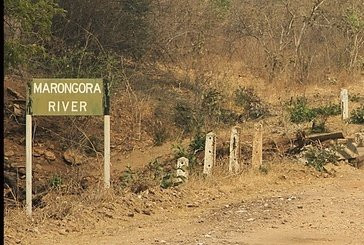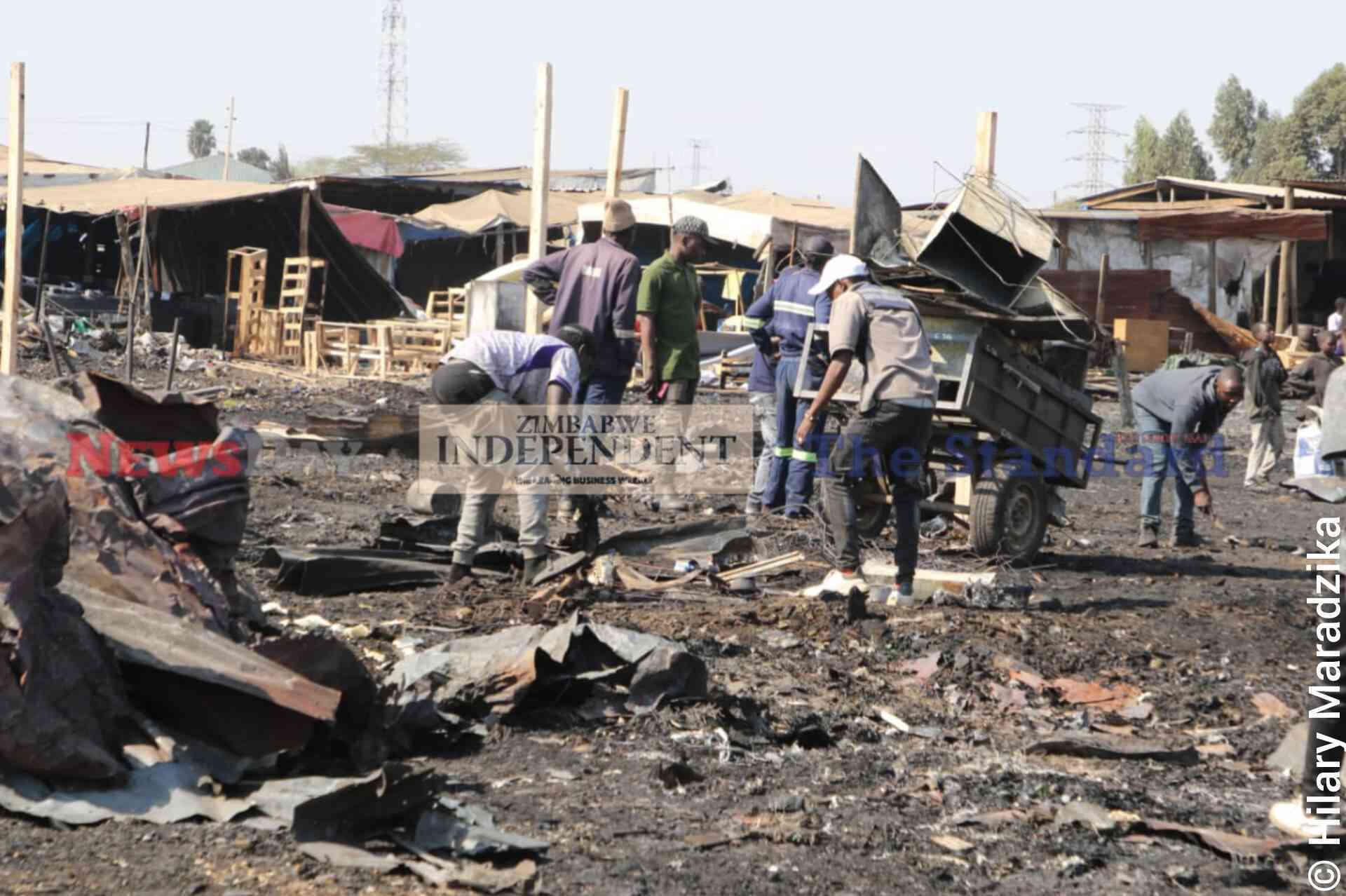
By Peter Makwanya
THE question that is always asked is why Africa is in such an unenviable position.
People always want to see their continent on a better footing, despite its vulnerability status.
It is everyone in Africa’s desire to see improvements on a continent that has fed the world but cannot feed itself. According to the Sustainable Development Goals mantra, no one should be left behind, meaning that Africa should part of the global technology mix, moving together with the rest of the world rather than chasing the pack.
A lot is expected from the continent, largely from within and beyond. In the background of vulnerabilities, inadequate technology transfers, international debts, impacts of COVID-19, lack of ambition and poor governance, Africa is at the centre of all vices.
With the topical renewable energy transitions and low carbon economies at the heart of sustainable development, the continent’s plate is full, coupled with lack of finance and foreign direct investment, in the background of an under-performing private sector.
Lack of a manufacturing base and the desire to innovate has rendered the continent a dumping ground of second-hand products and toxic e-waste.
Climate change and variability have posed threats to livelihoods and agriculture on the continent.
- Chamisa under fire over US$120K donation
- Mavhunga puts DeMbare into Chibuku quarterfinals
- Pension funds bet on Cabora Bassa oilfields
- Councils defy govt fire tender directive
Keep Reading
Therefore, communities need orientation on how best they can deal with climate change variabilities in the context of long-term impacts of climate change.
Population growth, an issue that cannot be discussed openly in Africa, is a factor in the climate mix. In the absence of technological innovations and orientation, numbers do not matter although they do not lie. Population density is a major concern in the climate change phenomenon as more resources would be required for survival.
It is against the background of failing to measure up to expectations that Africa has to improve technologically.
Africa has been a net consumer rather than a net supplier of technological goods and products ever since. One of the most ironic issues is that, great minds from the continent are making technological waves and positive footprints in developed countries while their countries of origin are lagging behind.
Therefore, when Africa lags behind and fails to measure up to global expectations, one wonders whether it is by design or pure failure. For a long-time, the continent has failed to innovate in agriculture, manufacturing, energy sector, transport, data and information modifications.
Although these technological innovations are said to be cheaper, user-friendly and make tasks easier, there are not readily available and accessible, especially to the poor and vulnerable.
The most talked about technological innovations and products are not just for pampering the continent and window dressing, they are essential to doing business.
Therefore, Africa has to buy or establish manufacturing or assembling bases rather than rely on the overused, donated and dumped products and software.
Whenever there is need for doing business, private sector is involved so viable public sector and private partnerships need to be transformed and strengthened.
Lack of investment in science and technology has undermined Africa’s economic recovery in every respect. Lack of investment in technological innovations and transfers has had dire consequences for the continent’s emerging youths, especially.
The youths on the continent, who constitute about 54%, feel hard done and ostracised, since they are the future and tech savvy.
The continent’s majority youths will never see the reason for participating in climate action strategies in the absence of technology as a pulling factor.
In this regard, it is either Africa innovates with the youth at the centre of technological innovations or die.
A clear roadmap needs to be established in Africa, with enabling environments that are corrupt free, pro-innovation, pro-science and pro-sustainable development and environmental sustainability at the centre of their economic growth.
Therefore, governments should work hard in reducing the technological skills gaps and leveraging on technology transfers in good faith and without any political motives but simply technological. If the technology-based products are chaperoned in the name of politics, their uses will be limited, gather dust and rot, stolen or resold.
All climate strategies require a sound entrepreneurial spirit in every respect, be it decarbonisation, clean energy transitions, sustainable finance and reporting on transitions depending on how these businesses are geared to operate.
Africa should not be a continent to be leap-frogged and left to catch up always, therefore, it needs to improve and upscale on domestic capitalisation in order to be in line with global standards and yardsticks.
The continent also needs to be guided by its own home-grown solutions and data rather than harvesting information on the internet.
This also includes its over-reliance on the IPCC data and outcomes, whose role is just to collate and repackage the information that African and other developing countries would have generated.
Africa also needs to invest in powerful workstations and machines that can monitor weather and climate sustainably rather than relying on the IPCC-based computer models which are not context specific but somewhat generalised.
One other factor is that, with about 4,8 tonnes of emissions lower than the global average, the majority of African communities do not know much about what carbon trading and carbon markets mean.
In this regard, it is difficult for African communities to shake off the vulnerability tag, without knowing what carbon trading is all about or how it benefits them, directly or indirectly because nobody has bothered to explain, educate, communicate and make people aware.
Communities need to know the value of their forests not as monetised but as sustainable carbon sinks for emissions from far away territories.
Issues of international climate finance, especially to the African continent, may also be contributing to technology transfer gaps including the realisation of climate smart agriculture which is technologically-driven and highly mechanised.
Communities in Africa also need to know how smart is this concept of smart agriculture against the background of dirty and emission-intensive agriculture.
Therefore, mitigation and resilience building remain an albatross and a pipe dream to African communities, especially to the small-holder farmers who need to negotiate through procedural, structural and institutional barriers.
Poor infrastructural development and lack of policy convergence and resonance regarding what is on the ground thereby failing to tally or sufficiently complement each other, makes technological innovations impossible.
Therefore, agro-ecological technologies that enhance farmers’ chances to adapt to climate change require robust implementation.
As projected by the IPCC that sub-Saharan Africa will experience water scarcities and moisture stress, among others, technologically-driven water conservation techniques and harvesting need to be improved and modernised.
All in all, Africa cannot continue to remain behind, chasing innovations from other continents while failing to advance technologies in a way that helps to balance and restore its ecosystems, nurture resilient communities and livelihood options for sustainable living.
- Peter Makwanya is a climate change communicator. He writes here in his personal capacity and can be contacted at: petrovmoyt@gmail.com











